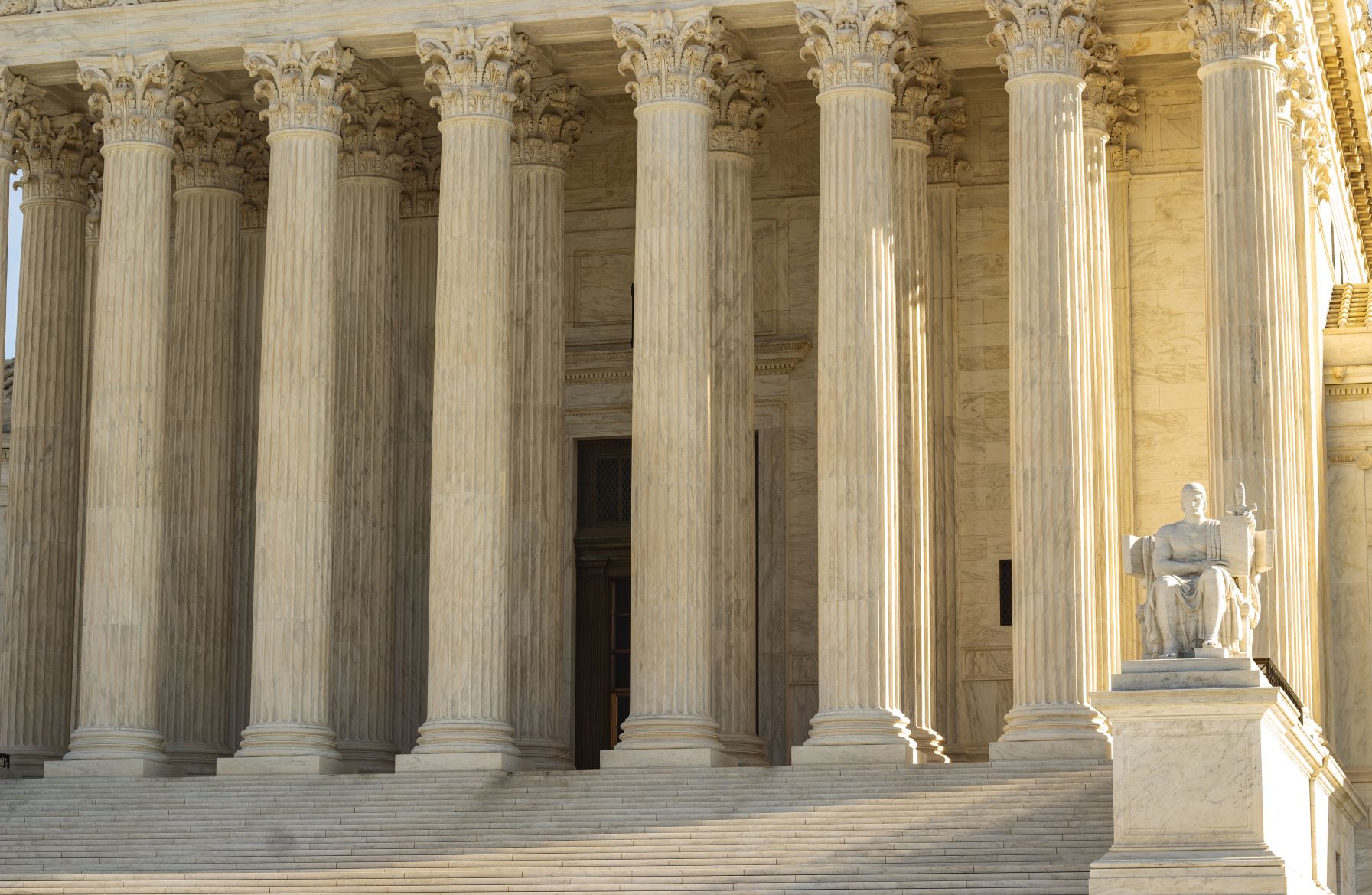For Immediate Release
August 11, 2020
Contact: Keri A. Potts | 860-839-3438 | potts@iwpr.org
Washington D.C.—Presumptive Democratic Presidential nominee Joe Biden’s selection of Senator Kamala Harris—the first Black woman to be nominated as a vice presidential running mate for a major party ticket, and the third woman nominated ever for the post—has cemented the 2020 elections as one with potentially historic outcomes for women and people of color. With 58.1 percent of women 18-and-older in the United States having voted in the 2016 presidential election, and 50.6 percent of women having voted in the 2018 midterm elections, all signs point to women determining the next president.
“This is a historic election, one that will determine the future direction of our country. Biden’s choice of Senator Kamala Harris is consequential and underscores the significance of women and communities of color in deciding the next President of the United States, said C. Nicole Mason, Ph.D., President & CEO, the Institute for Women’s Policy Research (IWPR).
IWPR has tracked women’s political participation since 1996 as part of its signature Status of Women in the States project. In its latest calculations, IWPR assigned states composite rankings based on four key indicators: Voter registration, voter turnout, women’s representation in elected office, and women’s institutional resources. Heading into the 2020 elections, the Top 10 States for Political Participation (excluding Washington D.C.):
- Maine
- Washington
- Michigan
- New Hampshire
- Minnesota
- Nevada
- Arizona
- Oregon
- Iowa
- Massachusetts
*The institutional resources by state indicator measures the presence of a commission for women, a campaign training program for women, a women’s political action committee, and a state chapter of the National Women’s Political Caucus.
About Institute for Women’s Policy Research
The Institute for Women’s Policy Research (IWPR) is the nation’s preeminent think tank committed to winning economic equity for all women and eliminating structural and institutional barriers to women’s full participation in the workforce and society.
IWPR builds knowledge and evidence to support policies that help grow women’s economic power and influence in society, close inequality gaps, and improve the economic security and well-being of families. Follow us on Twitter, Instagram, and Facebook.
###
Media Contact: Keri Potts, IWPR Communications, potts@iwpr.com; 860/839-3438




